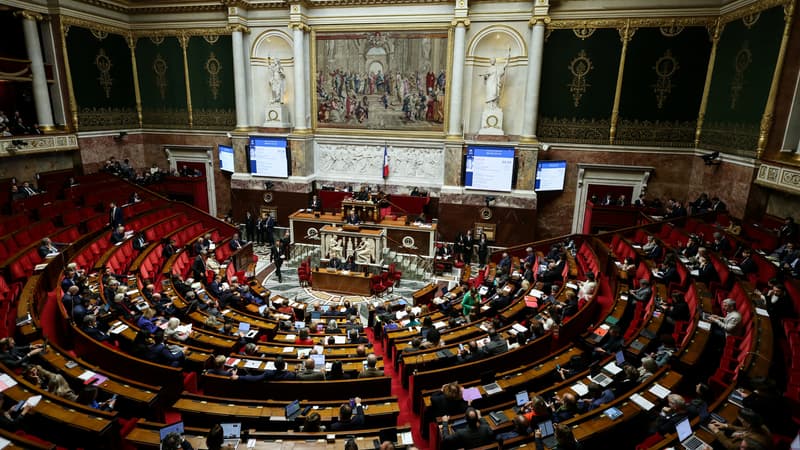The deputies approved this Friday, October 25, the extension of the differential contribution to the highest incomes (CDHR) introduced in 2025 until the deficit falls below 3%, on the first day of examination of the draft budget.
The maintenance of this measure that sets a minimum tax rate of 20% for households whose income exceeds 250,000 euros per year was voted overwhelmingly by the deputies (279 in favor, 25 against). According to government figures, it should contribute 1.5 billion euros in 2026. The government plan initially planned to maintain it only for the year 2026. The left, for its part, wanted to perpetuate it and increase its level.
François Ruffin points out “the forest of tax injustice”
But the National Assembly opted for the compromise proposed by MoDem deputy Jean-Paul Mattei’s amendment to maintain this tax until the annual deficit is reduced to less than 3% of gross domestic product (GDP), which France has only reached twice in the last fifteen years (2018 and 2019). This tax will have “greater profitability, because it will not be limited in time,” he argued.
The deputies of the government sector, although they initially opposed such a measure, in the name of defending their supply policy, have “resolved” to support this article, in the words of deputy Charles Sitzenstuhl (Renaissance).
For François Ruffin, this measure “should not hide the forest of tax injustice.” The former LFI deputy, currently a member of the environmental group, asked that this vote not serve as an “alibi”, considering that the central issue lies in the taxation of the wealth of the richest and not their income.
A handful of parliamentarians spoke out against the measure, and Macronist parliamentarian Guillaume Kasbarian considered it a “repellent of talents.” “You are addicted to taxes, you are alcoholics who indulge in the whiskey of taxes,” said Ciottista (UDR) deputy Gérault Verny, also opposed to their maintenance.
Source: BFM TV


